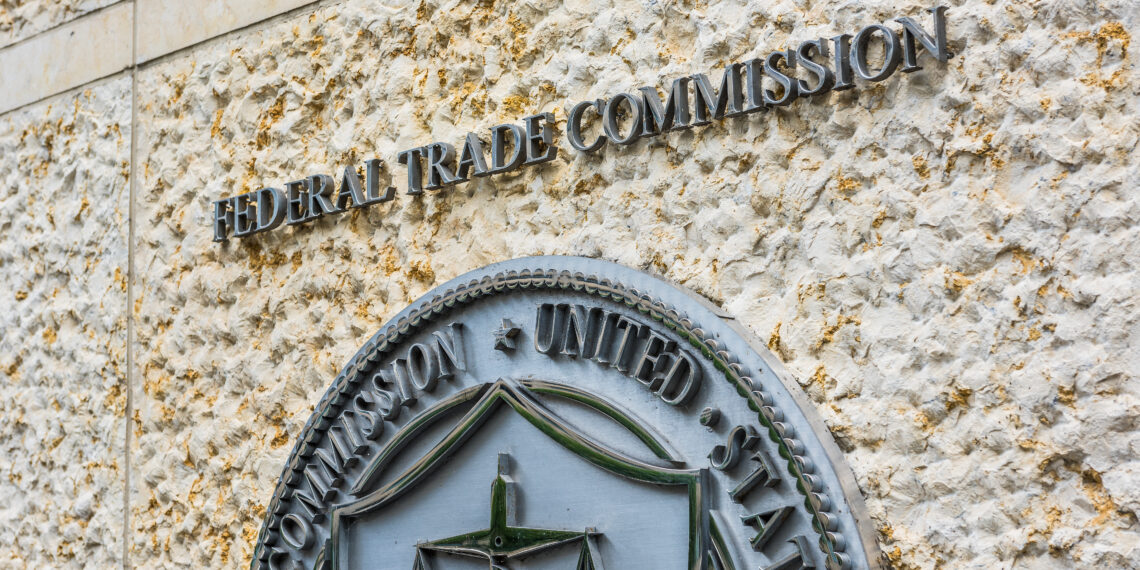WASHINGTON (OBV) – The Federal Trade Commission issued a final rule banning employer noncompete agreements nationwide, a move which FTC officials say will promote competition and give workers greater freedoms, but which business leaders are blasting as federal overregulation.
The FTC voted 3-2 on Tuesday to ban new noncompetes.
“Noncompete clauses keep wages low, suppress new ideas, and rob the American economy of dynamism, including from the more than 8,500 new startups that would be created a year once noncompetes are banned,” said FTC Chair Lina M. Khan. “The FTC’s final rule to ban noncompetes will ensure Americans have the freedom to pursue a new job, start a new business, or bring a new idea to market.”
The FTC, in its final rule, stated that noncompete agreements are an unfair method of competition and therefore a violation of Section 5 of the FTC Act.
FTC officials estimate that the ban will trigger the following:
- Business formation growth by 2.7 percent, resulting in more than 8,500 new business each year;
- Higher wages for workers, with an estimated $524-per-year increase for the average worker;
- Lower health care costs by up to $194 billion over the next decade; and
- Increase in innovation, leading to an estimated average increase of 17,000-29,000 more patents each year for the next 10 years.
The State Chamber of Oklahoma issued the following statement, saying the ban is alarming:
“The State Chamber of Oklahoma is concerned any time there are restrictions put in place that interject regulators into a company’s ability to define the conditions of employment between employers and employees. It’s troubling to think that sensitive and proprietary information could be directly shared with a competitor in some of these situations. Today’s actions by the Federal Trade Commission would be better served to be debated in Congress rather than the Executive Branch stepping outside of their authority and blatantly disregarding the private sector.”
State Chamber of Oklahoma
The U.S. Chamber of Commerce filed a coalition lawsuit against the FTC.
“The FTC’s action sets a dangerous precedent for government micromanagement and will harm employees, employers and the economy,” U.S. Chamber officials said. “Challenging the FTC in court is about more than noncompete agreements. It is about stopping an astonishing power grab by the FTC. If the FTC can regulate noncompete agreements, then they can decide to regulate or even ban any other business practice. All without a vote from Congress.”
FTC officials described noncompetes as an “often exploitative practice imposing contractual conditions that prevent workers from taking a new job or starting a new business.”
“Noncompetes often force workers to either stay in a job they want to leave or bear other significant harms and costs, such as being forced to switch to a lower-paying field, being forced to relocate, being forced to leave the workforce altogether, or being forced to defend against expensive litigation,” FTC officials said. “An estimated 30 million workers—nearly one in five Americans—are subject to a noncompete.”
Existing noncompetes for most workers will no longer be enforceable after the new rule goes into effect.
The final rule allows existing noncompetes for senior executives – who represent less than .75 percent of workers – to remain in force. However, employers are prohibited from entering into or attempting to enforce any new noncompetes, even if they involve senior executives.
Employers will be required to notify workers other than senior executives who are bound by an existing noncompete that they will not be enforcing any noncompetes against them, according to FTC officials.

















